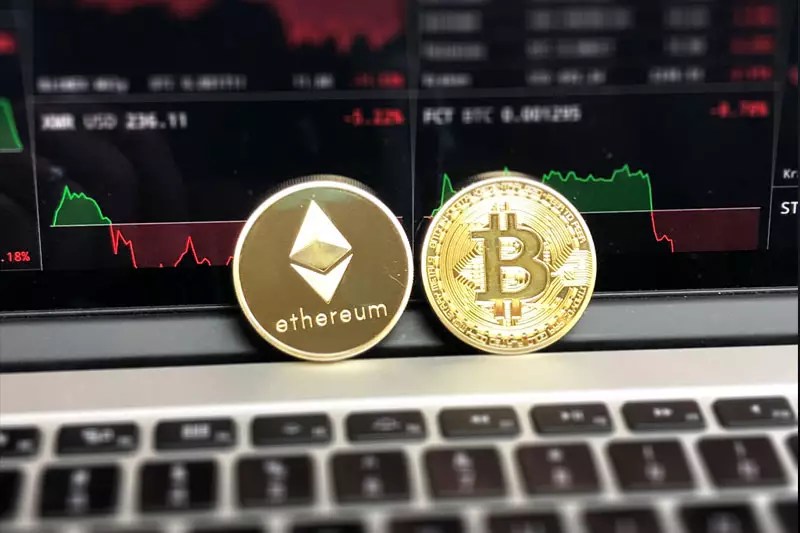The U.S. District Court for the District of Columbia has delivered a crucial judgment regarding the infamous 2016 Bitcoin heist, determining that the cryptocurrency exchange Bitfinex is likely the only entity entitled to restitution from the 119,754 BTC that were stolen during the unlawful breach. This decision comes on the heels of guilty pleas from Ilya Lichtenstein and Heather Rhiannon Morgan, who were indicted last year on various charges including conspiracy to launder money and defraud the United States. Their involvement in the crime unfolded through what has been characterized as sophisticated hacking techniques that enabled them to manipulate and transfer stolen funds to a private wallet over more than 2,000 transactions.
In a striking portrayal of the lengths to which criminals will go, Lichtenstein and Morgan allegedly employed complex methods to obscure the trail of the stolen Bitcoin. Among these methods was an audacious attempt to convert some of the Bitcoin into tangible assets, including burying gold coins as part of their laundering strategy. This aspect of the case highlights not only the sophisticated financial acumen behind their crime but also the apparent bravado with which they executed their plans.
Since their arrest in February 2022, the government has made significant strides in recovering the stolen digital currency. Approximately 95,000 BTC have been reclaimed, a figure that has ballooned in value to nearly $5.89 billion, alongside an additional $475 million in related assets. Currently, the reclaimed assets reside in a digital wallet that has come under the jurisdiction of the FBI, underscoring the agency’s commitment to addressing cybercrimes in the cryptocurrency landscape.
The court’s ruling positions Bitfinex as the sole recognized victim under relevant acts designed to protect the rights of crime victims, specifically the Crime Victims’ Rights Act (CVRA) and the Mandatory Victims Restitution Act (MVRA). The rationale rests partly on the fact that Bitfinex has previously offered relief to its customers affected by the hack by issuing “BFX” tokens, which served as compensation and were completely redeemed by April 2017. This compensation aspect plays a pivotal role in the legal interpretation that excludes other potential victims from receiving restitution.
As a result, the court’s verdict leaves Bitfinex as the only eligible party for the returned Bitcoin, solidifying its status amidst a turbulent recovery effort. This decision may yield significant ramifications for how future cybercrimes involving cryptocurrency are addressed in the legal sphere, as other victims often find themselves sidelined when an exchange has proactively compensated its customers.
With the landscape of cryptocurrency burgeoning yet fraught with risks, this case serves as a profound reminder of the importance of robust security measures for exchanges and the necessity for regulatory frameworks that can adapt to the ever-evolving digital space. As cybercriminal activities continue to proliferate, the Bitfinex saga is emblematic of the larger battle between integrity in the cryptocurrency ecosystem and the prevalence of financial wrongdoing. The outcomes of these legal proceedings and the continued enforcement by governmental agencies are pivotal in shaping a safer environment for all stakeholders in the crypto community.


Leave a Reply